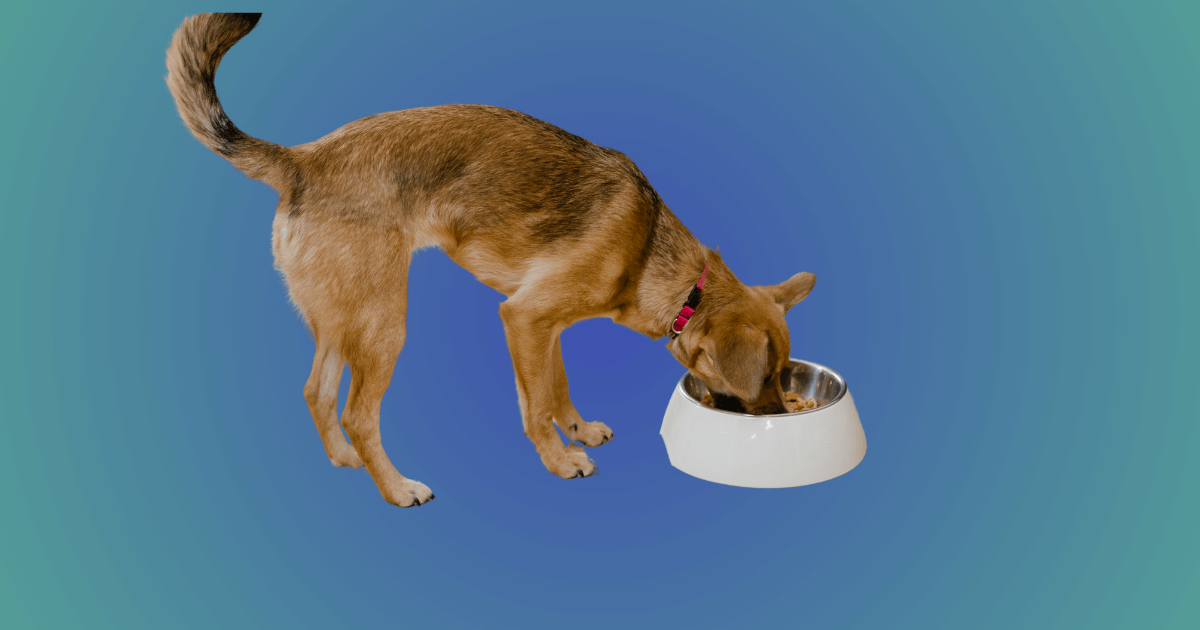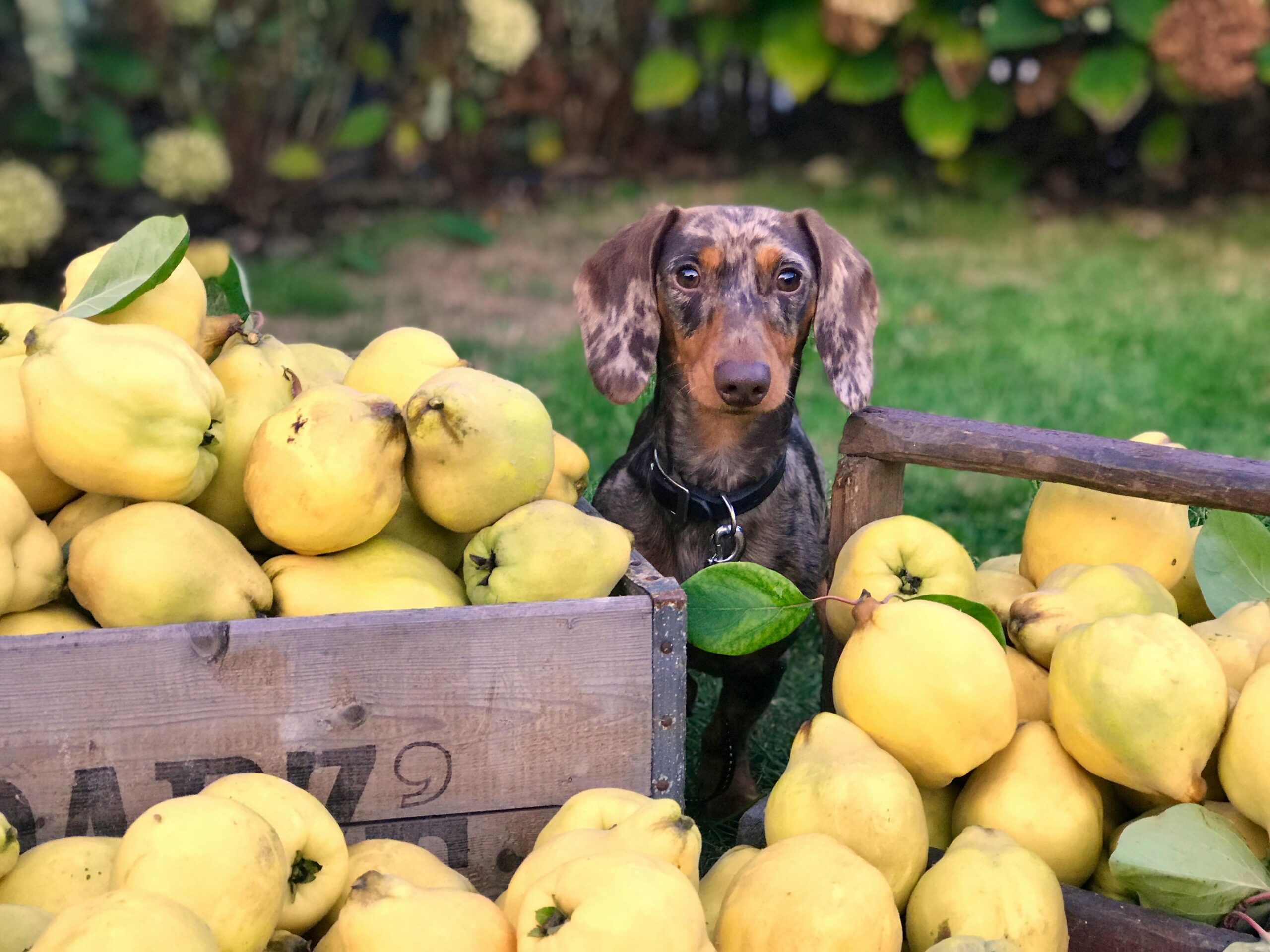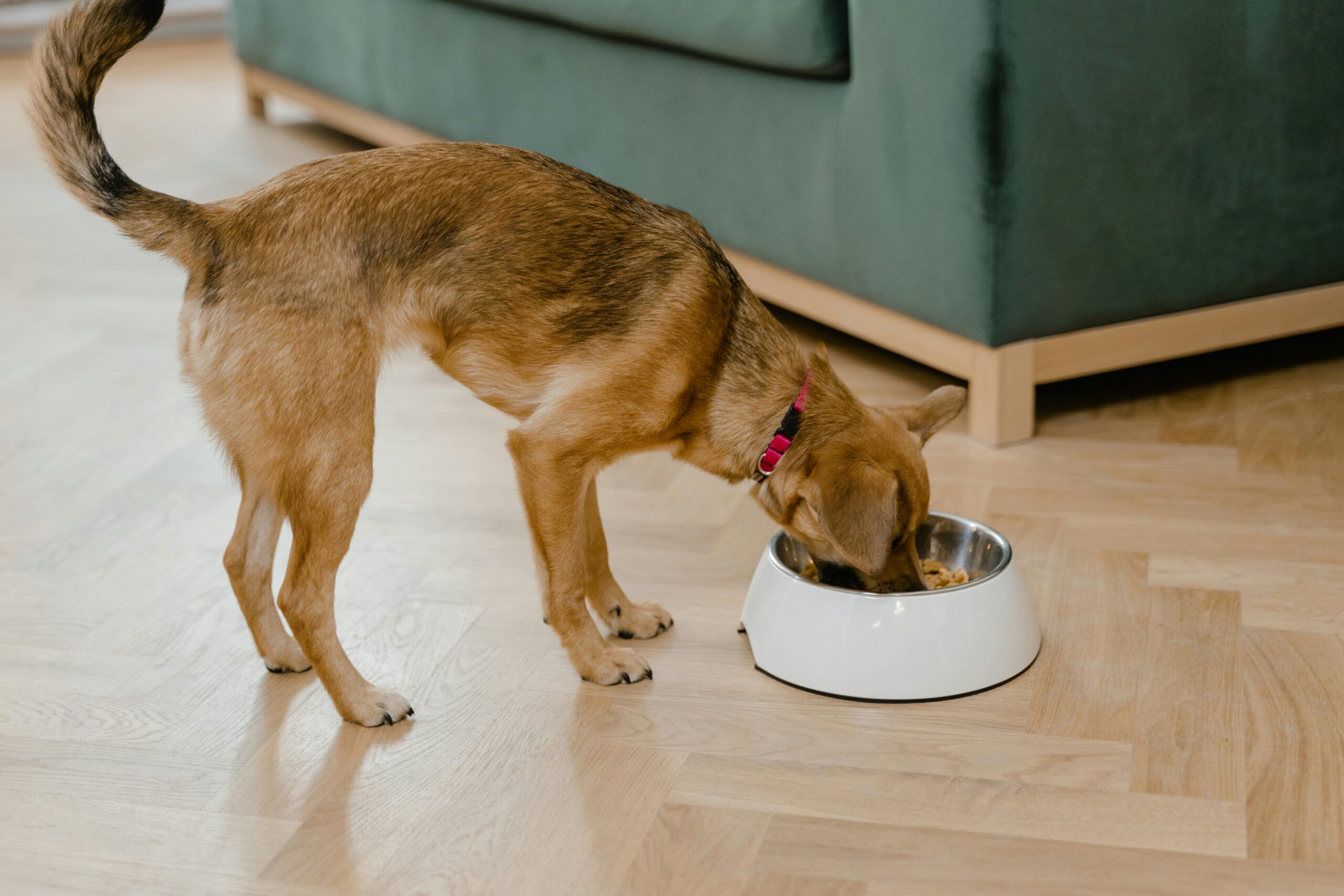Vitamins for Homemade Dog Food: Boosting Your Pup’s Health. Preparing a wholesome meal for your dog in your kitchen is unbelievably satisfying. Perhaps it’s the divine scent of fresh ingredients or the wagging tail that welcomes every dish. Whatever the reasons, a homemade dog diet can be a wonderful way to demonstrate love and care.
Resourcing Essential Vitamins for Homemade Dog Food and how to integrate them easily into your pup’s diet is by referring to the ultimate guide below. Expect practical advice, cautionary stories, and real-world examples of what’s effective (and what isn’t) in canine vitamins.

Whether you’re an experienced home cook or a newcomer to the world of homemade dog food, this exploration will help you create balanced meals that keep your four-legged friend healthy and happy. Vitamins for Homemade Dog Food are essential for furry pup.
Essential Vitamins for Homemade Dog Food
Here are the most important vitamins to include in your dog meal plan. They each serve a different purpose in canine nutrition:
Vitamin A
- Why It’s Important: Crucial for vision, immune function, and healthy skin.
- In its natural form: Liver, egg, carrot, leafy greens
- Potential Pitfalls: Ingesting toxic amounts of vitamin A can be the result of over-supplementing, especially if your dog eats too much liver.
Vitamin B1 (Thiamine)Vitamin B2 (Riboflavin)Vitamin B3 (Niacin)Vitamin B5 (Pantothenic Acid)Vitamin B6 (Pyridoxine)Vitamin B7 (Biotin)Vitamin B9 (Folate)Vitamin B12 (Cyanocobalamin)
- Why They’re Important: Biotin is Necessary for energy metabolism, brain function, hormone regulation, and red blood cell production.
- Sources: Grains (oats, brown rice), meat (chicken, turkey), fish, and eggs.
- Potential Pitfalls: Water-soluble vitamins don’t accumulate to toxic levels as easily, but deficiency may lead to anemia, neurological problems, or lethargy.
Vitamin C
- Why It Matters: It acts as an antioxidant and can help support the immune system. Dogs can synthesize some vitamin C internally, but supplementation through food in moderate amounts may be helpful, particularly during periods of stress or illness.
- Natural Sources: Fruits (orange, strawberry), vegetables (broccoli, spinach).
- Potential Pitfalls: Surplus vitamin C is generally excreted, but high doses can cause digestive upset.
Vitamin D
- Why It’s Important: Aids calcium and phosphorus regulation for bone strength.
- Natural Sources: Oily fish (salmon, sardines), egg yolks, fortified dairy.
- Potential Pitfalls: Vitamin D toxicity is serious, potentially causing renal failure and other complications. Talk to your vet before including a top-shelf supplement.
Vitamin E
- Why You Need It: It acts as an antioxidant, shielding cells from damage. Supports healthy skin and coat as well.
- Natural Sources: Vegetable oils (wheat germ oil), nuts (almonds, sunflower seeds), ^^leafy greens.
- Potential Pitfalls: Dogs consuming diets rich in polyunsaturated fats may require increased amounts of vitamin E. Shortages can lead to neurological issues.
Vitamin K
- Why It Matters: Essential for blood coagulation.
- Biological Sources: Green leafy vegetables (kale, spinach), liver, and fermented foods.
- Potential Pitfalls: Some toxins (like rat poison) block vitamin K’s function, so it is important to make sure you’re getting enough.

Do-It-Yourself Dog Food Supplements
For many dog owners, particularly those new to home cooking, supplementing can be an effective way to ensure that no nutrient gaps are left. And while some purists are adamant about using only whole-food sources, a targeted supplement can provide peace of mind—especially in the case of busy families or dogs with specific health concerns.
When Supplements Make Sense
- Limited Diets: If your dog has allergies or sensitivities that exclude certain food groups, a multivitamin can cover those bases.
- Life Stages: Puppies and seniors often have increased requirements for specific nutrients.
- Health Concerns: Dogs with kidney issues, diabetes, or autoimmune diseases may need customized supplements.
Most Common Types of Dog Food Supplements
- Multivitamins: Offer a comprehensive blend of necessary vitamins and minerals in a single serving.
- Omega-3 Fatty Acids (Fish Oil): Also great for joint health, reducing inflammation, and improving coat quality.
- Probiotics: Assist with digestion and strengthen the immune system.
- Ca & P: Important for bone strength, especially in growing puppies or nursing females.
Always speak to your veterinarian before trying any new supplements; overshooting some vitamin dog joints or the dog’s immune system may do more harm than good.
How to Balance Vitamins for Homemade Dog Food in Real Life: Example Meal Plan
Suppose you are making a day’s meals for a moderately active 40-pound adult dog. Here is a rough idea of how to include ingredients rich in vitamins:
Breakfast (50% of total daily calories)
- Lean Protein: 1 cup cooked skinless chicken
- Carbohydrates: ½ cup brown rice, cooked
- Veggies: ¼ cup chopped spinach (vitamins A, C, K)
- Fats: 1 tsp flaxseed oil (vitamin E added)
Dinner (½ of daily calories)
- Lean protein: 1 cup cooked turkey
- Carbs: ½ cup cooked sweet potatoes (aka beta-carotene for vitamin A)
- Veggies: ¼ cup steamed broccoli (vitamins C, K)
- Extras: 1 tablespoon plain yogurt (B vitamins, calcium)
Supplemental Boost:
- Dog-Specific Multivitamin: As needed based on label instructions.
- Fish Oil Capsule: For extra omega-3 and vitamin D, only if your vet has you do it.
Note: These quantities are estimates and should be adjusted to your dog’s unique caloric requirements. Consult a dog nutrition guide or consult a veterinarian to tweak serving sizes.
Different Life Stages: Tailoring Vitamins
Puppies
- Why They Need More: Growth spurts require extra nutrients for bone development, muscle building, and immune system maturation.
- Vitamin Focus: Calcium, phosphorus, and vitamin D (but balanced with caution to avoid growth disturbances)
Adult Dogs
- Why They Need Maintenance: A steady intake of vitamins provides day-to-day energy as well as support for healthy skin and a functioning immune system.
- Vitamin Focus: Appropriate amounts of vitamins A, E, and K, plus B vitamins to provide uninterrupted energy.
Senior Dogs
- Why They Require Extra Attention: Older mutts can suffer from joint pain, weakened immune systems, and digestive problems.
- What’s a go-to supplement for a typical aging pet?
- Vitamin focus: For cellular protection, increased vitamin E, and potentially more vitamin C and joint supplements like glucosamine.
Vitamins for Homemade Dog Food Are Important: How to Gain Access to Them!
Rotate Proteins and Veggies
- Do not give them the same meal every single day. [/expand/rotate chicken, turkey, fish, and lean beef for more varied amino acids and micronutrients.]
- Try adding some other veggies — spinach, kale, broccoli, carrots — to give a wider range of nutrients that dogs need.
Instead, use fresh, high-quality ingredients.
- Choose fresh produce over canned when you can for the most vitamin content.
- Store ingredients in a way that maintains their nutritional value.
Cook with Care
- Overcooking can kill heat-sensitive vitamins, including vitamin C; steaming or lightly sautéing veggies can help you retain nutrients.
- If you’re using a slow cooker, consider adding some vegetables later in the cooking process to preserve nutrients.
Keep an Eye on Treats
- Your homemade treats can be a great way to sneak in some extra vitamins (e.g., beet-based biscuits or pumpkin goodies high in beta-carotene).
- Count treats — you don’t want your pup to gain weight!
How can you tell if your dog is vitamin deficient?
Skin and Coat Problems
- A rough coat or too much shedding may indicate a deficiency in essential fatty acids or vitamins E and A.
- Skin infections may mean our immune support is lacking in vitamin B or C.
Low Energy and Weakness
- When Vitamin B is not in sufficient supply, it usually presents itself as lethargy or muscle weakness.
- A dog that gets tired quickly or doesn’t bother to play might be deficient in important nutrients.
Digestive Upset
- Diarrhea, constipation, or vomiting — chronic or persistent — may sometimes be tied to inadequate vitamin intake, but many other factors can also contribute.
Behavioral Changes
- Irritability, anxiety, or confusion may stem from a lack of vitamin B, specifically B1 (thiamine) or B6 (pyridoxine).
If you notice any of these signs, see a veterinarian for a complete evaluation. They might suggest blood work or changes in your diet to confirm and resolve the problem.
Conclusion on Vitamins for Homemade Dog Food
When people discuss homemade dog diets, vitamins are often an afterthought in the whole excitement of selecting fresh meats and brightly colored vegetables. But these micronutrients are the unsung heroes of a dog’s well-being, impacting everything from muscle strength to the luster in their fur. The top dog food vitamins for homemade dog food is a detail that really isn’t a detail at all and instead is a very important step to take to make sure your pup’s meals are delicious and nutritionally complete.
FAQ on Vitamins for Homemade Dog Food
1. Can I rely on whole foods alone for vitamins, or do I need supplements?
Many dogs thrive on whole-food sources of vitamins if the diet is well planned. However, supplements can help fill nutritional gaps, especially if your dog has specific health conditions or dietary restrictions. It’s best to consult with a veterinary nutritionist to determine whether your dog needs extra support.
2. What are some signs of vitamin toxicity in dogs?
Symptoms vary based on the vitamin, but they may include vomiting, diarrhea, weakness, and changes in appetite. For instance, too much vitamin A can lead to bone abnormalities, while excess vitamin D can damage the kidneys. Always follow the recommended dosages for dog food supplements.
3. Are there any vitamins I should avoid giving my dog?
Rather than avoiding any single vitamin, the key is proper dosage. Certain fat-soluble vitamins (A, D, E, K) can become toxic if over-supplemented. If you’re unsure, consult your vet or a canine nutritionist before adding any new supplement to your dog’s routine.
4. How often should I change or rotate my dog’s homemade diet?
Regularly rotating proteins and vegetables is beneficial. Some owners change recipes every week or two, while others switch monthly. The goal is to provide a variety of amino acids, vitamins, and minerals, reducing the risk of nutritional imbalances.
5. My dog has allergies. Which vitamins are particularly important?
Allergies can weaken the immune system, making vitamins A, C, and E especially important due to their antioxidant properties. These vitamins support immune health and may help reduce inflammation. However, always identify and eliminate allergens before relying on vitamins to fix the problem.

